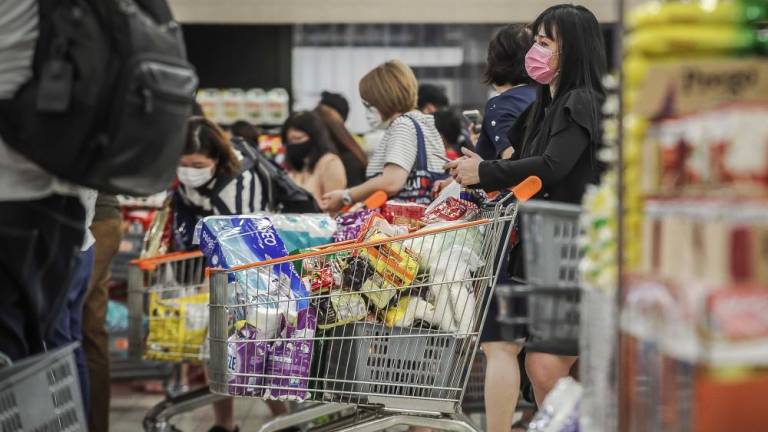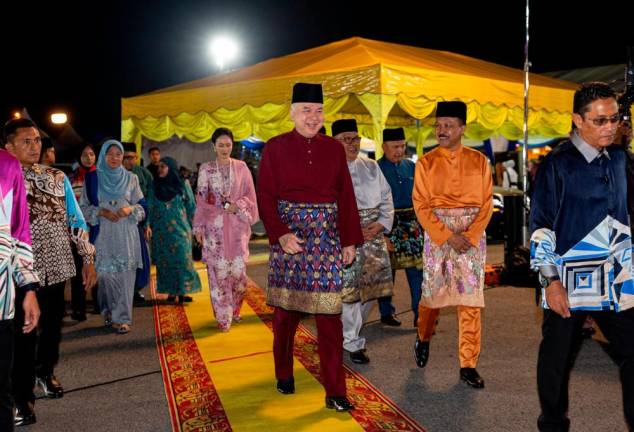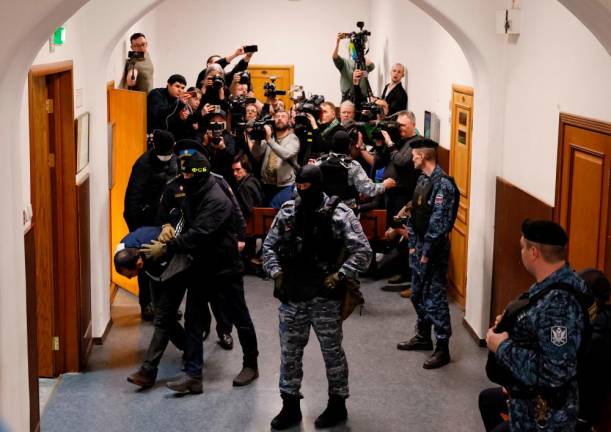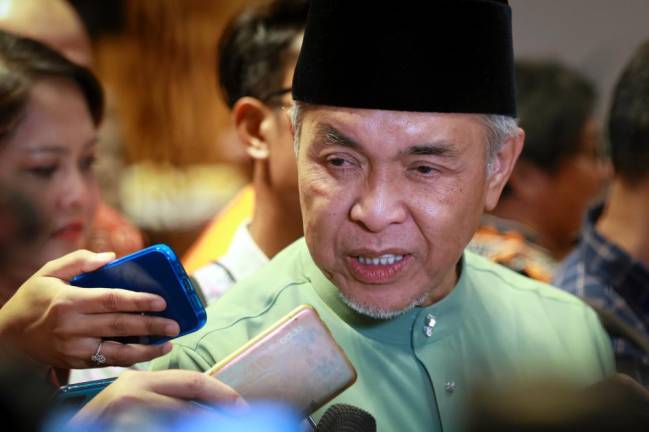PETALING JAYA: Business for retailers has improved by varying levels with the easing of restrictions under the recovery movement control order (RMCO).
Petrol stations are seeing a spike of up to 80% in their daily dealings compared with figures during the MCO and conditonal MCO. Hawkers and petty traders are also seeing 30% to 50% increase in sales.
They expect business to pick up more next month when public confidence on safety and job security improves during the recovery phrase.
Petrol Dealers Association of Malaysia president Datuk Khairul Annuar Abdul Aziz said fuel sales during the RMCO has rebounded to between 70% and 80% of pre-pandemic levels at most petrol stations as people are driving to work, but sales at in-kiosk shops are only at 50% as they are hesitant to enter the outlets.
“We are lacking in shop sales because children are missing (from the equation) and they are impulse buyers,” he said.
He added that petrol stations are considering extra services such as disinfecting cars to attract more people.
Annuar also said petrol stations are in talks with vendors such as bubble tea chains to set up secondary businesses at their kiosks.
“We may operate with 50% full-time and 50% part-time staff. We are also looking at installing solar panels to reduce consumption of electricity.”
He added that the association may also work with local colleges to offer internships to students.
Petaling Jaya Hawkers and Petty Traders Association adviser Toh Lai Huat said sales at most wet markets and pasar malam have not improved significantly due to the standard operating procedures that have reduced the number of stalls allowed to open.
“We usually have 200 stalls, which have been reduced to 100 to abide by the social distancing rule,” he said.
“We have to establish one entrance and one exit. Also, we must have Rela members to monitor people entering and exiting.
“People won’t feel safe as long as the pandemic is not over. Sales have also dropped because senior citizens are not allowed at some markets.”
He said sales were good on the first week pasar malam were allowed to reopen, but the buzz will fade.
Toh added that most traders have adopted contactless payment such as e-wallet but full digitalisation is not being considered yet.
Malaysia Retail Chain Association (MRCA) president Datuk Seri Garry Chua said malls in the suburbs have mostly benefited from the RMCO, with customer footfall at 70%.
“The buying power is not as expected, as there is less propensity to spend among the M40, what more the B40,” he said.
However, he views the footfall as a positive development. Although sales at malls in Kuala Lumpur are still sluggish, they are looking forward to tourists returning and when offices resume full operations next month.
“I foresee better results when the government (announces that visitors from) green-zone countries can enter Malaysia, particularly (those from) Singapore.”
Chua said MRCA is working with the government to ensure there is a successful “Buy Malaysian First” campaign, due to be launched next month to spur domestic consumption.
“We are also counting on some malls to provide promotions and have a budget for marketing. Then, synchronicity will happen.”
However, he said the majority of retailers are still suffering and are unable to pay their rent, so they are counting on landlords to offer rebates and deals to help them out.










